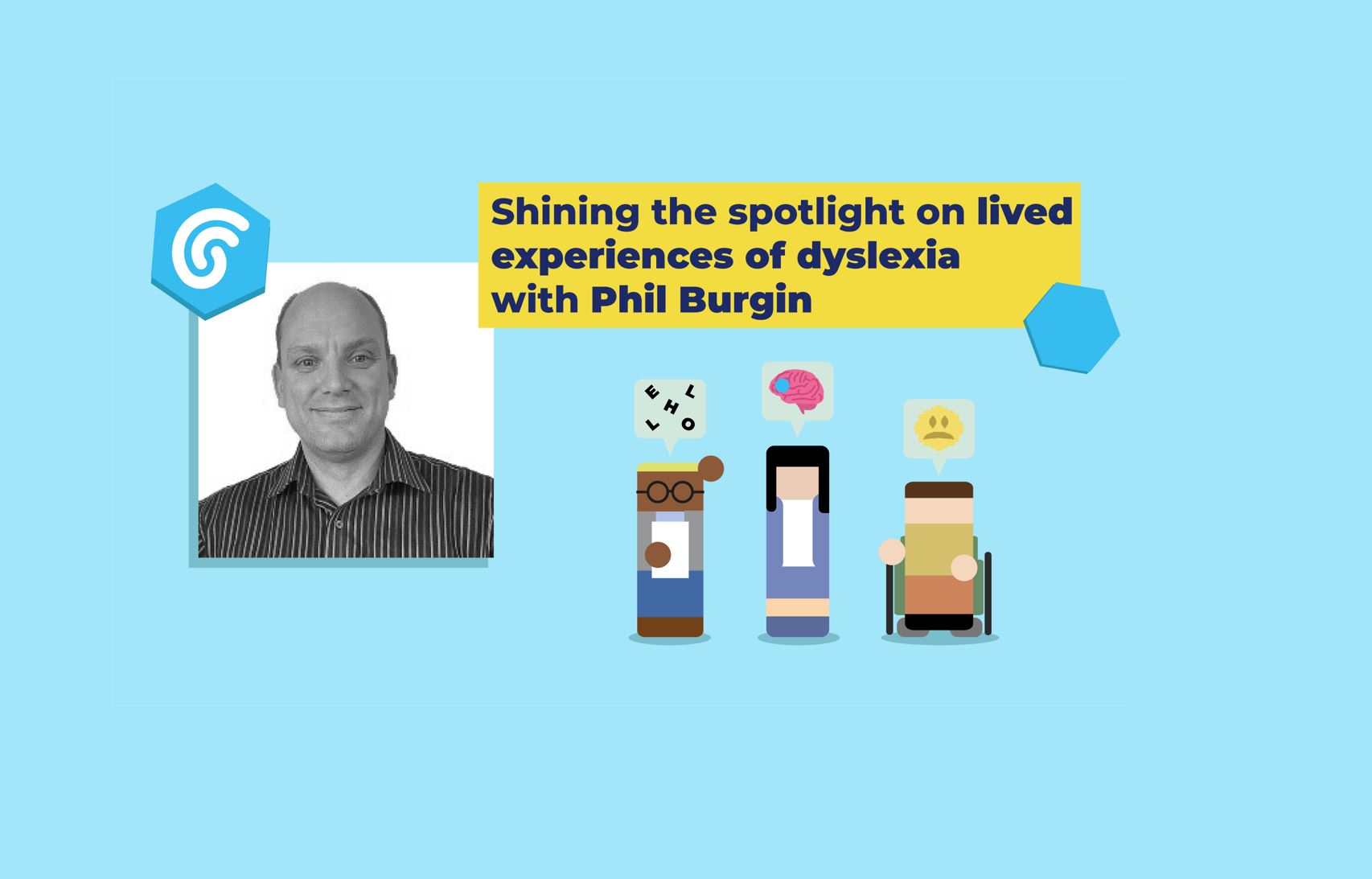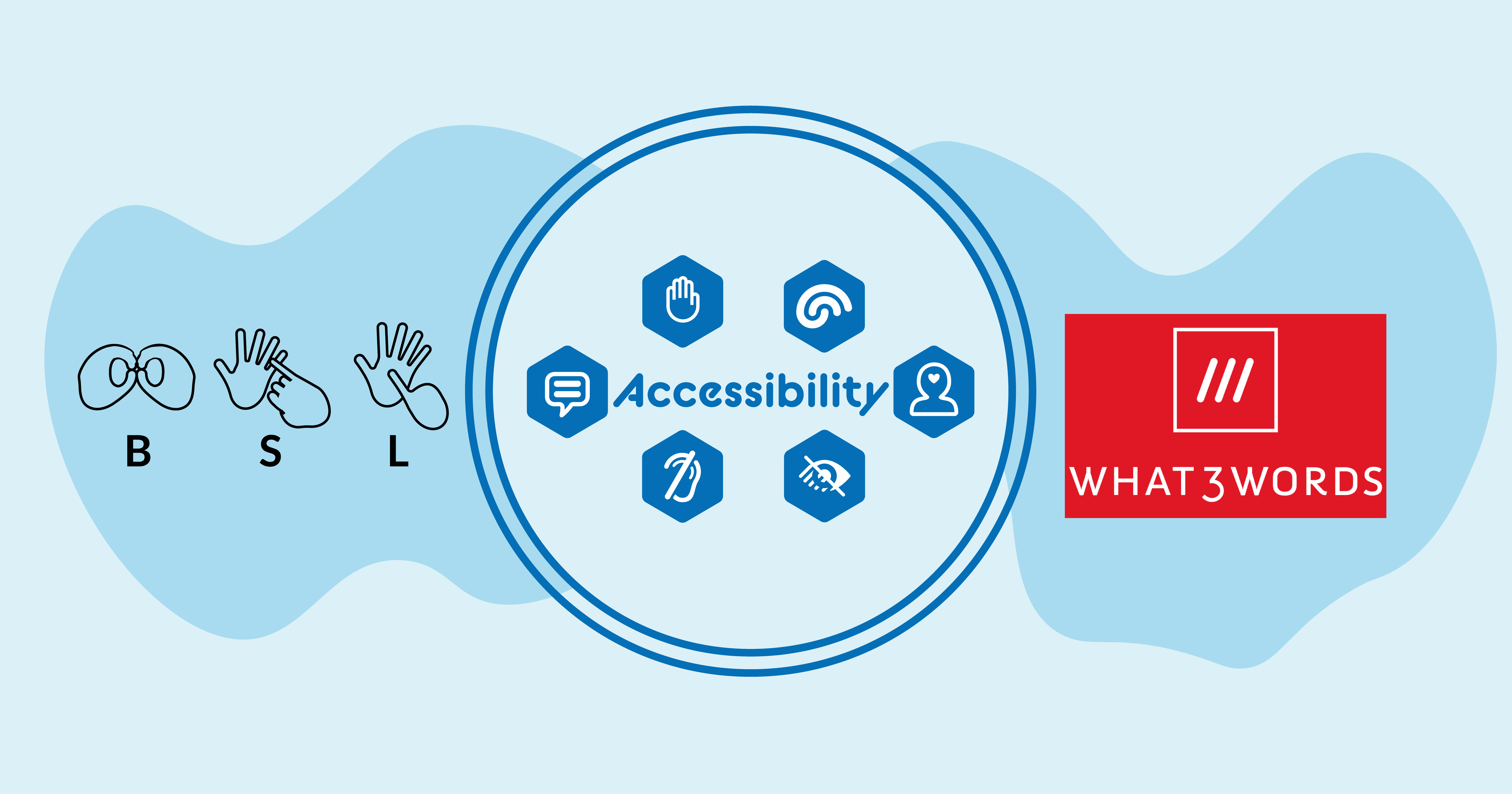Three mental wellbeing initiatives that are bringing joy to students
How are higher education students going to be supported with their mental health during a pandemic? If you know of any initiatives I’d love to hear about them in the comments section. Mental health has always been a topic close to my heart. Working within education I am particularly interested in students’ mental health and this year’s university students are going to have a very different experience to what you or I had. Packed lecture theatres are, for now, a thing of the past, and freshers are having to form important new friendships whilst also maintaining social distance. This is bound to impact mental health, so I started to look into what new initiatives might be in place this coming year.
In 2015/16, over 15,000 first-year students in UK universities reported that they had a mental health problem, compared to just 3,000 back in 2006. Today, three-quarters of adults with a mental illness will first experience symptoms before the age of 25. We are now in unprecedented times as we navigate our way through a global pandemic. Around half of all young adults will access higher education by the time they are 30, pandemic or not. So, now, more than ever there is a great need for mental health support. This is a very serious crisis, but the methods of providing support are fun and they are designed to bring joy – so read on as we delve into the uplifting solutions offered from within UK Higher Education.
1. The science of happiness course
In 2018 Bristol University launched a ten-week Science of Happiness course, creating a delightful opportunity for students to learn about wellbeing. The course was inspired by Yale University’s Psychology and Good Life course, which was the most popular in the university’s history with one in four students enrolling.
In the first year Bristol University made the ten-week course optional. It had no impact on the student’s overall grade. With no incentive other than to learn about their mental health, 400 students signed up to the course, highlighting the demand for mental health education.

Due to popularity, the course returned in 2019, this time counting towards 20 of the students 120 credits for their first year. The course starts by asking students to measure their own happiness levels and discover personal strengths, which will then be developed and reflected upon as the course plays out. Lectures cover a range of topics including how our minds distort happiness, the role of culture in happiness and a look at whether happiness is in our genes. Students are asked to try one of seven happiness exercises such as sleeping more, meditating and practising random acts of kindness.
You can find out more about the course here.
2. Therapy pets
Therapy pets are service animals that are trained to provide affection and comfort, which is as wonderful as it sounds! There are charities that can bring animals to visit people on site in places such as hospitals, care homes and universities to provide support in various stressful environments. You may think that concept of therapy pets sounds like a new fad however there is evidence of therapy pets being used as far back as ancient Greece where they would use horses to lift the spirits of the severely ill. Not sure how I would feel about a horse at my bedside!
In a university setting, therapy pets are more popular in the US with around 1,000 campuses using them. However, popularity is starting to rise in the UK. The University of Middlesex has recently put ‘canine teaching assistants’ on the staff to try and prevent lonely students from dropping out. Several students have said the canine teaching assistants have made them feel more connected to home as they missed their own family pet.
I know first-hand how effective therapy pets can be on your mental health. When I attended the University of Sunderland, we would frequently get visits from farm animals as a form of stress therapy. There is something about seeing a farm animal in an unexpected setting that took me out of the day-to-day life of university and immediately put a smile on my face. For those few minutes I was petting a goat, holding a rabbit or just watching the ducks waddle around I totally forgot about any deadlines I had looming or exams I needed to revise for. Just writing about it is making me smile. One study has found that playing with a dog or cat can elevate levels of serotonin and dopamine, which calm and relax you. I imagine the same must be true, to some extent, of interacting with any animal be it a dog or a goat. I would feel calm for hours after a visit from our farm yard friends.

3. Partnerships with Mind
Ten universities across the UK, including University of Bath, University of Sheffield and Teesside University are taking part in the Mentally Healthy Universities programme, in partnership with Mind. The programme wants to reach over 6,000 students and aim to achieve its five goals by August 2021:
Ensure students are equipped to manage their mental health and thrive at university.
Ensure students have the knowledge and tools to build their resilience.
Ensure students are prepared to manage their mental health in future employment.
Reduce stigma and improve peer support for university staff.
Make positive changes to the way universities think and act about mental health.
The programme has got off to a great start. During the first year over 85 per cent of students had a better understanding of mental health problems and wellbeing. Over 90 per cent of students who took part in the ‘tools and techniques to manage your mental health’ course said they were more confident looking after their mental health and 100 per cent said they would recommend the course to a friend. Who can argue with stats like that?
Programmes like this just show that giving someone the tools to maintain their mental health is proving successful. It’s also something I witnessed first-hand at a recent webinar series we ran. Our keynote speaker was a mental health expert and in her 30-minute talk, which discussed a few simple techniques to maintaining positive wellbeing, we saw a clear shift in the audience’s attitude towards remote working. Check out the before and after mood boards below:

2020…and beyond
There’s no denying that this year has provided a unique set of challenges that have called for us to be more aware of our mental health. When lockdown hit, I decided to download the couch to 5K app. At first it was a way to get fit and do something worthwhile with my time outside. I quickly grew to love it and could feel the benefits it was having on my mental health. As I’ve mentioned above, our own mental health is unique. What works for me won’t necessarily work for you. That’s why I find it really positive that universities are trying different ways to support their students. They know mental health isn’t a one size fits all and you don’t know what is going to fit if you don’t try.

I’ve written this blog to get the conversation rolling so don’t be shy – let me know your thoughts on these mental health initiatives. Do you know of any different initiatives that universities are using? Do you think this is money well spent? Do you think there will still be a need after the pandemic?
It doesn’t just have to be comments about my blog. Feel free to leave pictures of your pets, even if they aren’t a trained therapy pet. After all, it has been scientifically proven that animals can boost your mood.
Other blog articles











